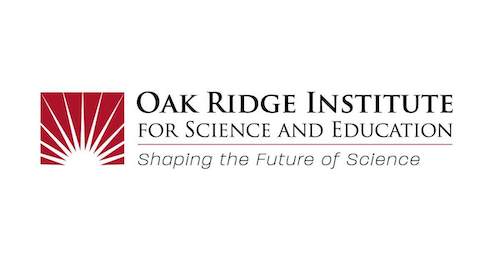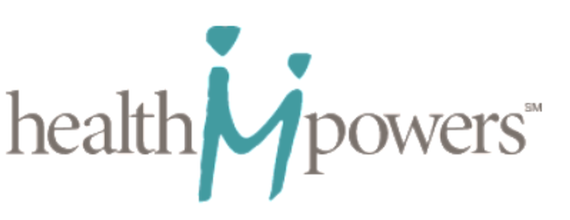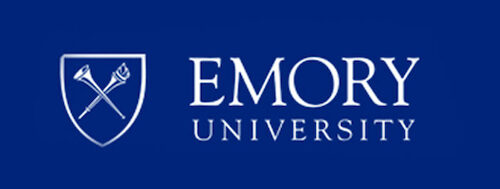ORISE Fellowship, Office on Smoking and Health/Epidemiology Branch
Category : Alumni Student Opportunities
Organization: Centers for Disease Control and Prevention (CDC)
Center/Division/Branch: NCCDPHP/Office on Smoking and Health/Epidemiology Branch (Surveillance)
The ORISE Research Participation Program at CDC is a training and succession planning mechanism designed to provide opportunities to students, postgraduates, and university faculty to participate in project-specific CDC research, current public health research, and developmental activities. It is an educational and developmental program formed in partnership with Oak Ridge Associated Universities (ORAU) and the US Department of Energy (DOE) through an Interagency Agreement.
Criteria:
-
The ORISE fellow must be enrolled in an accredited college or university working toward a degree in a STEM or Public Health field; or have received a college degree within 5 years prior to the initial ORISE appointment date; or serve as a full-time faculty member at an accredited college or university within the United States.
-
The fellow may be a non-US citizen, but must comply with all applicable immigration laws and requirements authorizing employment within the United States.
-
The initial ORISE appointment is approved for one year, with subsequent extensions in one year intervals which is limited to a total of up to five years from the initial start date.
-
The CDC mentor is responsible for the daily guidance or leadership of the participants, including performance appraisals, disciplinary actions, and establishing schedules (days and hours).
-
The ORISE participant must be located in a CDC facility (i.e., Atlanta, GA) with the assigned mentor.
Requirements for ORISE candidate (CDC Office on Smoking and Health, Epidemiology, Surveillance team):
In general, the ORISE fellow searches, synthesizes and interprets information relevant to advance tobacco prevention and control efforts. Reviews and analyzes studies and projects assessing public health issues related to tobacco prevention and control in order to make recommendations or processes, procedures and/or policies related to public health programs, practices and research. Communicates information to various audiences. Prepares scientific and other articles and technical reports for publication.
More specifically, the fellow will be trained in surveillance and evaluation, and provide analytic support related to critical priorities of the Office; the fellow will serve a key role in: conducting surveillance, analysis, and research; assist in developing data summaries/briefing documents, authoring (co-authoring) papers and other materials, and supporting activities with internal and external audiences to advance tobacco prevention and control efforts. The fellow will also support the three cycles of National Youth Tobacco Survey (NYTS) – i.e., work on publications based on collected data from past year; day to day survey support for administration of current year’s data; help prepare the data collection of future years.
Eligibility Requirements
-
Degree: Master’s Degree or Doctoral-level degree received within the last 5 years.
-
Discipline(s): Public health. Life health, or Medical science
Desired skills:
-
Strong data analysis skills
-
Experience with statistical tools: SAS (intermediate to advanced level) and preferably SAS-callable SUDAAN
-
Good writing skills
-
Experience with data visualization, data modernization and/or data linkages
Tentative Stipend (TBD, to be decided by CDC HRO):
*The initial stipend is determined by CDC HRO (in consideration of the educational level obtained), but see below for an idea.
-
Master’s degree = equivalent to GS-9 step 1
-
MD/PhD/equivalent = equivalent to GS-11 step 1 [MD/PhD equivalent with at least two years of related post graduate work will have a stipend equivalent to GS-12 step 1]
*Initial stipend will be based on the GS-pay table in place on the appointment start date*
-
Send your CV to jze1 [at] cdc [dot] gov with subject line: “ORISE fellowship candidate: OSH Surveillance”
-
Go to: https://www.zintellect.com/, and register
Application Deadline: ASAP







Recent Comments